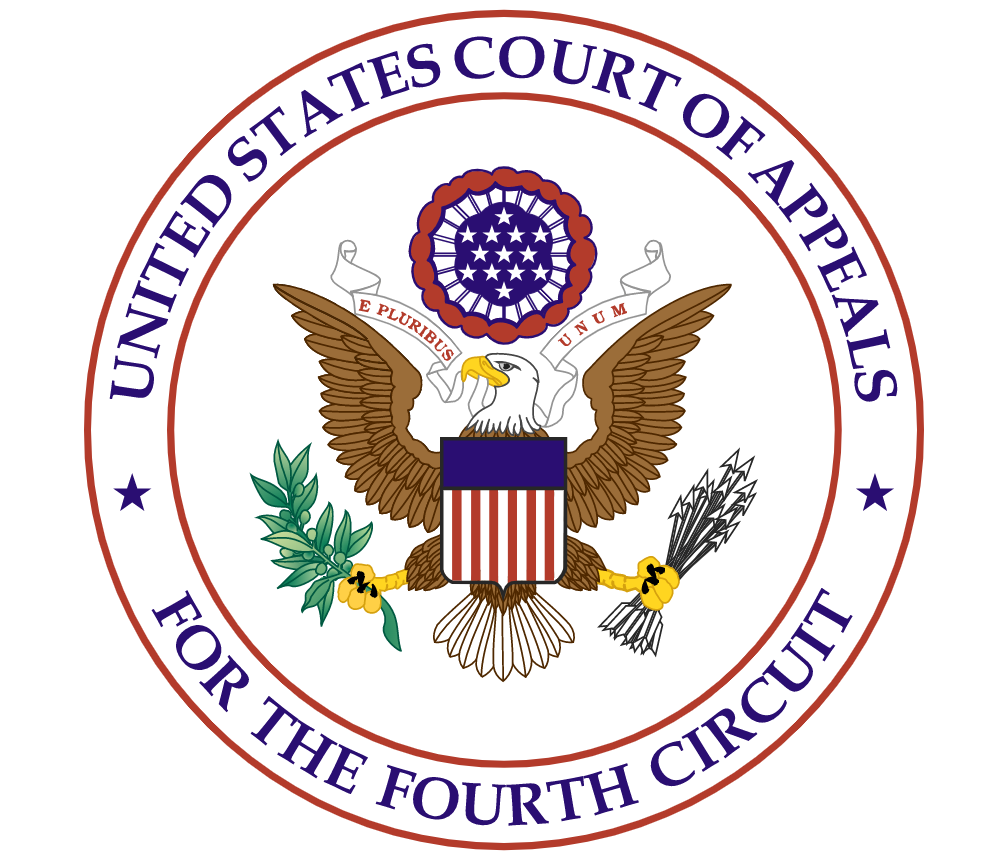Kluge v. Brownsburg Community School Corporation Caps off Week of Legal Developments on Transgender Rights
Last week saw a wave of legal developments—legislative, jurisprudential, and administrative—on issues related to trans rights. While state legislatures passed laws restricting medical care for transgender minors, and barring trans women and girls from participating in school sports, federal appellate courts upheld the rights of transgender students and the Biden administration weighed in on the trans athlete issue. On April 6 the Supreme Court refused to lift a ban imposed by the Fourth Circuit on the enforcement of a West Virginia law that would prevent transgender students from competing on sports teams that corresponded to their gender while litigation about the constitutionality of the law is pending. West Virginia was attempting to enforce that law against a 12-year-old girl who wanted to run track at her middle school. That same day the U.S. Department of Education released a proposed rule that would address transgender students’ athletic participation. That rule, however, far from protecting trans students’ right to be treated equally to other members of their gender, would only prohibit a school from imposing a blanket ban on students’ participation in sports that corresponded to their genders. Schools would retain the authority to restrict trans athletes’ participation in sports if they could show that the restriction is “substantially related to the achievement of an important educational objective and (ii) minimize[s] harms to students whose opportunity to participate on a male or female team consistent with their gender identity would be limited or denied.”
 Boston Lawyer Blog
Boston Lawyer Blog








